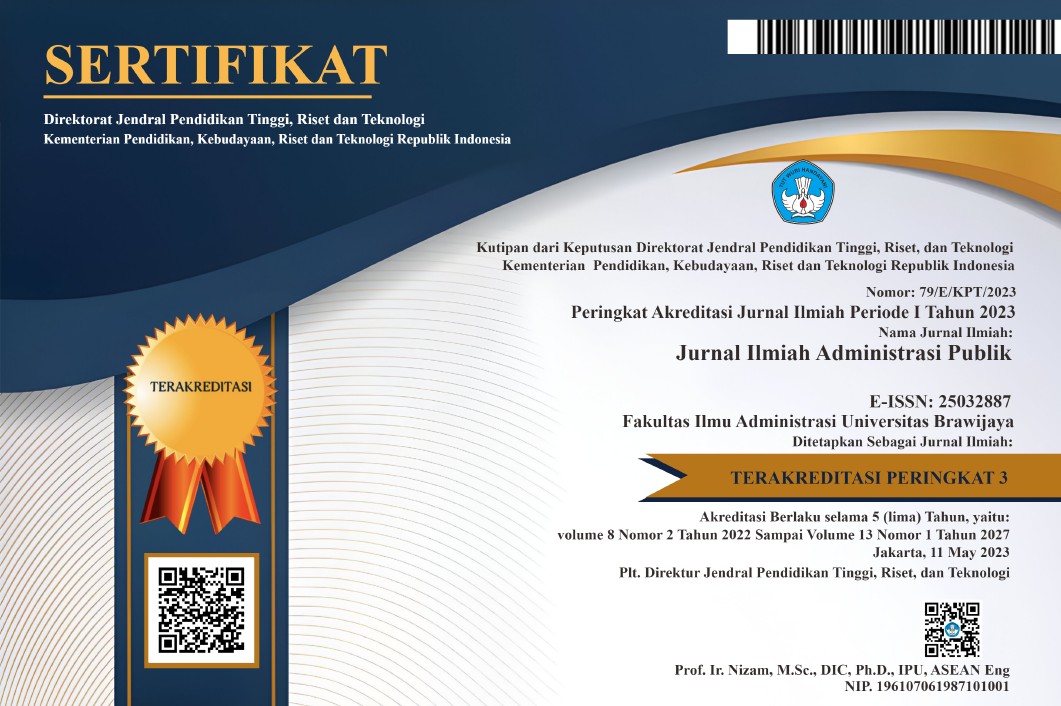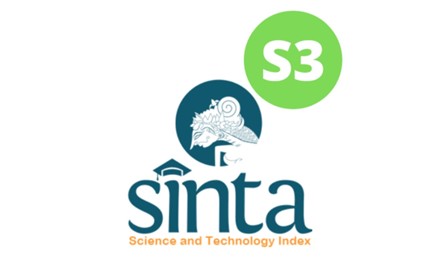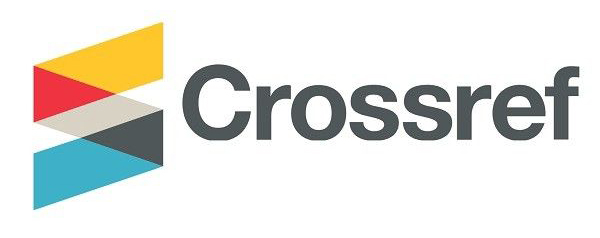About the Journal
Focus and Scope
JIAP has been reviewing and assessing the practice of public administration at the local, regional, national and international levels where it is directed to managing development processes in low and medium income countries. It gives special attention to investigations of the management of all phases of public policy formulation, implementation and evaluation which have an interest and importance beyond a particular government and state. JIAP has a particular interest in the link between public administration practice and management research and provides a professional and academic forum for reporting on new experiences and experiments. The focus of our journal include but not limited to:
- Public management,
- Bureaucracy and public governance,
- Public sector human resources management,
- Local and regional development administration,
- Decentralisation and regional autonomy,
- Public service innovation,
- Governance and network management, and
- ICTs and government.
JIAP also publishes articles on development management research in the NGO sector. It is widely read by academics and practitioners alike, including consultants, donors and policy advisers.
Peer Review Process
Manuscripts submitted to JIAP will undergo a selection and assessment process by the Board of Editors to ensure their accordance with the writing guideline, focus, and scope, and that they are of excellent academic quality. The manuscripts will be reviewed using the double-blind peer review method in which case neither authors nor reviewers know each other’s identities.
Desk Review. At the desk review stage, manuscripts will be examined to ensure that they have met the writing guideline, focus, and scope with excellent academic quality. If they do not meet the conditions, the author will be given the opportunity to revise their manuscript according to the given criteria. However, there is also the possibility that the manuscript will be directly rejected.
Peer review. When the manuscript has passed the desk review stage, it will then be delivered to two reviewers who are experts in the field of the submitted manuscript. The review process will be done within 3 weeks. Manuscripts that did not successfully pass the desk review process will not proceed to this stage.
Reviewer’s decision. The reviewers will provide the following recommendations:
- Accepted; means that the manuscript is acceptable for publication
- Accepted with minor revisions; means that the manuscript is acceptable for publication once it is revised in response to the reviewers’ concerns
- Accepted with major revisions; means that substantive inadequacies in the manuscript, such as data analysis, the main theory used, and rewriting of paragraphs, need to be revised
- Rejected; means that the manuscript is not acceptable for publication, or the given reviews relate to very basic issues
The reviewer’s decision will be considered by the Board of Editors to determine the ensuing process of the manuscript.
Revision Stage. Once the manuscript has been received with notations of minor or major revisions, it will be returned to the author with a review summary form. For manuscripts accepted with major revisions, authors are allotted 3 weeks to revise. Whereas for manuscripts accepted with minor revisions, 1 week is allotted for revision. When returning the revised manuscript, the author is required to fill in and attach the review summary form.
Final decision. At this stage, the manuscript will be re-evaluated by the Board of Editors to ensure that the author has revised in response to the reviewers’ concerns. In this final decision, the manuscript may still be rejected if the author did not seriously conduct the revisions necessary.
Proofread. Once the manuscript has been deemed acceptable by the Board of Editors, it will undergo a proofreading process to maintain linguistic quality.
Publication confirmation. At this stage, the final layout of the manuscript will be resent to the author to ensure that the content is in accordance with the author’s writing. At this stage, the author may revise any typographical error found in the final manuscript. Once confirmation from the author is given, the Editorial Secretary will process the manuscript for online publication on the website as well as print publication.
Publication Frequency
JIAP publishes three times a year. Depend on accepted manuscript, JIAP will publish in three times a year (period 1 : April to July, period 2: August to November, period 3: December to March).
Open Access Policy
This journal provides immediate open access to its content on the principle that making research freely available to the public supports a greater global exchange of knowledge.
Screening Plagiarism
Plagiarism screening will be conducted by JIAP Editorial Board using Turnitin.
Journal History
JIAP was established in 1998. The journal has published online since 2015. It is dedicated to dessiminate public administration research and theory, particularly in developing country contexts. In 2015, the journal was published two time a year. In 2016 and 2018, it was published four time a year. Since 2019, the journal has been regularly published three times a year.














